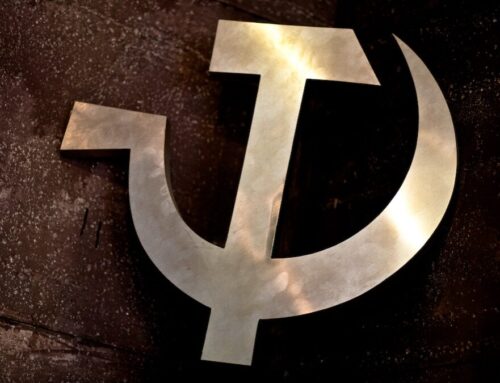And as it is appointed unto men once to die, but after this the judgment:
Commentary by — Staff
Hebrews 9:27
(27) And as it is appointed unto men once to die, but after this the judgment:
King James Version
A primary factor in Jesus‘ death is that it was substitutionary. For each sin we commit, we earn the death penalty. This penalty cannot be paid by dying a natural death of old age, by accident, or by disease, for this is the way everyone dies as a matter of course. Verse 27 says, “It is appointed for men to die once.” If “merely” dying any old way were the payment for sin, idolaters, murderers, rapists, thieves, liars, adulterers, and other sinners would be completely absolved of their sins upon their deaths. Cleared of all guilt by death, they would legally qualify for entrance into God’s Kingdom.
However, we must remember the rest of verse 27: “. . . but after this the judgment.” Thus, even after a person’s physical death, he is brought under judgment. This means the penalty for sin is something more than “just” death. Verse 22 helps to clarify this: “Without shedding of blood there is no remission.” Sin cannot be forgiven until someone pours out his blood to cover the transgression. The penalty for sin is therefore death by execution.
So, as a substitutionary sacrifice, Jesus had to die the way we would have, by execution. He could not have paid the penalty for our sins by dying any way other than by execution. He could not have died by suicide or even “euthanasia,” as these forms of death would have been sin, disqualifying Him as Savior. He would then have had to die for His own sin.
Remember also that Jesus’ death resulted from a pronouncement of Pilate, when he handed Jesus over “to be crucified” (John 19:13-16; Matthew 27:26). Though Pilate literally washed his hands of the whole affair by saying, “I am innocent of the blood of this just Person. You see to it” (Matthew 27:24), he made the judgment and sentenced Him to death.
Of course, Jesus was not guilty of any crime or sin. Our sins brought on us the death penalty. In taking the penalty on Himself, Jesus had to die by execution, and crucifixion was Rome’s preferred means.
— Staff
To learn more, see:
Why Did Jesus Have to Die by Crucifixion?
Related Topics:
Blood, shedding of
Blood, significance of
Blood, Symbolism of
Crucifixion
Death Penalty
Redemption
Savior, Need For
Sin
Sin’s Effect
Substitute Sacrifice
Substitutionary Aspect of Christ’s Death
Substitutionary Sacrifice







Leave a Reply, please --- thank you.